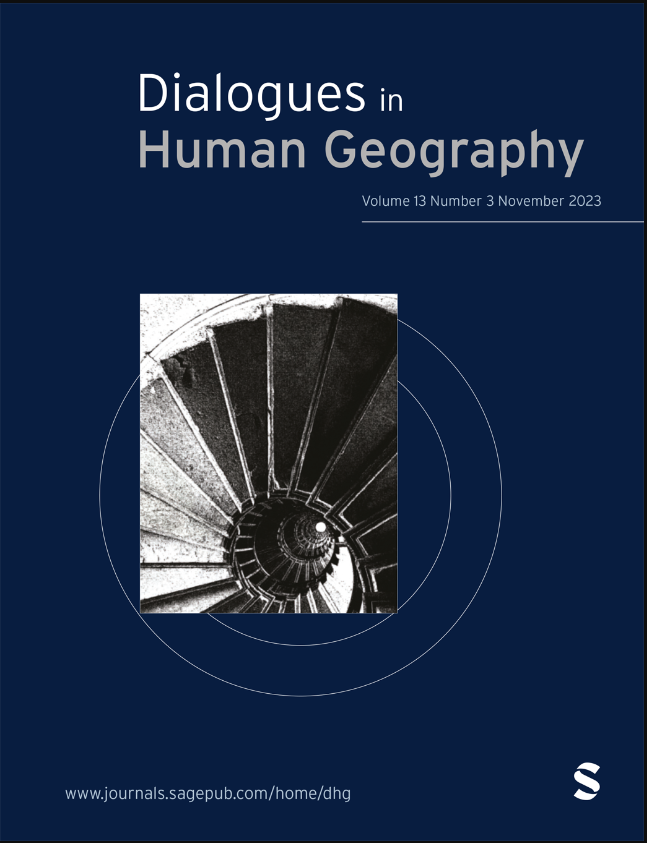社会再生产,基础设施和日常生活
IF 8.2
1区 社会学
Q1 GEOGRAPHY
引用次数: 0
摘要
当代(女性主义)城市理论的主要关注点之一是将社会再生产、基础设施和日常生活概念化为城市化过程的构成要素。在这篇评论中,我从概念形成研究的角度来探讨麦克法登对这些努力的贡献。这篇评论在“教育景观”的经验背景下详述了麦克法登的理论知识对象(即“社会再生产的基础设施”),包括其构建方法和该方法的政治后果。我认为,虽然在城市化的时空展开中坚持社会再生产和基础设施的不可分割性是很重要的,但我们的理论尝试必须超越断言这种不可分割性,从而能够产生关于(非)城市的变革性社会知识。我建议,在这个方向上的一种方法是,在具体的社会空间历史、条件和原则下,将产生社会再生产和基础设施的特殊性作为不可分割和个体进行恢复。本文章由计算机程序翻译,如有差异,请以英文原文为准。
Social reproduction, infrastructure, and the everyday
One of the main preoccupations of contemporary (feminist) urban theory is to conceptualize social reproduction, infrastructures, and everyday as the constitutive elements of the processes of urbanization. In this commentary, I engage with McFadden's contribution to these efforts from the standpoint of the study of concept formation. This commentary dwells on McFadden's theoretical object of knowledge (i.e. ‘infrastructures of social reproduction') within the empirical context of ‘educational landscapes’ both in terms of the method of its construction and the political consequences of this method. I argue that while it is important to insist on the inseparability of social reproduction and infrastructures within the spatiotemporal unfolding of urbanization, our theoretical attempts must go beyond asserting this inseparability to be able to produce transformative social knowledge of the (non-)urban. A way in this direction, I suggest, is the method of recuperation of the specificities that produce social reproduction and infrastructures as both indivisible and individual under concrete socio-spatial histories, conditions, and principles.
求助全文
通过发布文献求助,成功后即可免费获取论文全文。
去求助
来源期刊

Dialogues in Human Geography
GEOGRAPHY-
CiteScore
8.00
自引率
4.00%
发文量
86
期刊介绍:
Dialogues in Human Geography aims to foster open and critical debate on the philosophical, methodological, and pedagogical underpinnings of geographic thought and practice. The journal publishes articles, accompanied by responses, that critique current thinking and practice while charting future directions for geographic thought, empirical research, and pedagogy. Dialogues is theoretically oriented, forward-looking, and seeks to publish original and innovative work that expands the boundaries of geographical theory, practice, and pedagogy through a unique format of open peer commentary. This format encourages engaged dialogue. The journal's scope encompasses the broader agenda of human geography within the context of social sciences, humanities, and environmental sciences, as well as specific ideas, debates, and practices within disciplinary subfields. It is relevant and useful to those interested in all aspects of the discipline.
 求助内容:
求助内容: 应助结果提醒方式:
应助结果提醒方式:


